HORROR FILMS
THE STORY BEHIND TAKING POSSESSION
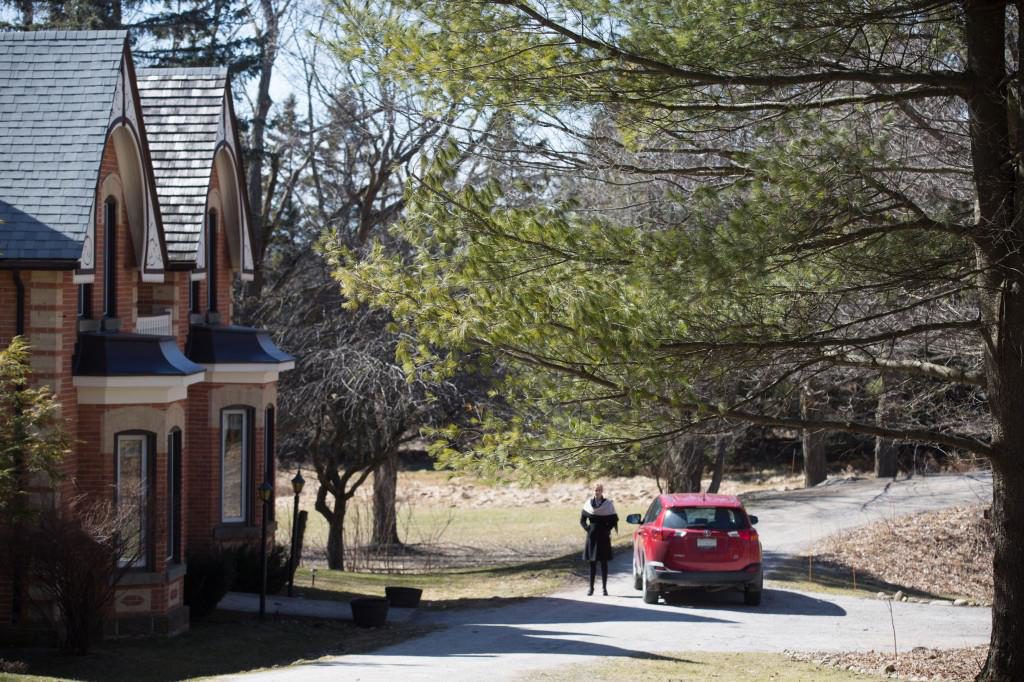

When we view short horror films at the beginning and especially at the end of the film we tend to ask a lot of questions because most great short horrors leaves us in suspense. Whether we ask in our mind of what happened to the main character at the end of the film or whether or not if the film is just a dream are the types of questions the audience asks and there is not an answer to. Director Peter Campbell was able to answer some of those questions about his short horror film Taking Possession, which recently screened at the Blood in the Snow Canadian Film Festival. The film focuses on Isaac who buys a farmhouse on the countryside to seek isolation and is trying to flee from his past and crush his demons along the way. Unfortunately for Isaac, the house forces to go into battle with his mind and his conscience. When we asked director Peter Campbell of how the film came about, the answer he told us here on FERNTV is just as or even more scarier than Taking Possession.
FERNTV: Tell us here on FERNTV how this story for this film came about or what inspired it?
Peter: The story for the film came from an autumn night many years ago.
My family had been the new owners of the farm for only a few years. I had spent very few nights up there, but none by myself. I was working on a novella, and created a self-imposed isolation in order to finish it. I knew I’d be alone for several months. The first night, while typing in the back room, I heard an odd shambling sound from the nearby kitchen. I knew of the stories of Clara (who my mom assured us was “a friendly ghost”). Friendly sure, but a ghost nonetheless. I said into the darkness (perhaps more to keep me calm than anything else, but what did I have to lose) “Clara, I’ll be here awhile so we’re gonna have to get used to one another”.
No answer. But a thunderstorm began to gather.
I took a deep breath and returned to my typing. Later, the shambling returned. I don’t know if it was chains on the floor, a body being dragged, or wind on the roof – but with my mind already whirling, I didn’t care. I repeated my half-plea into the dark kitchen next to me.
Seconds later, the Victorian-style clock in the kitchen began striking Midnight.
The midnight chiming, coupled by rumbling thunder, removed my final straw of calmness. I rushed to bed.
When I turned off the bedroom lights, I saw from my window that a light was on outside the small barn a few yards the farmhouse (I found out later that it had been left on by mistake by my dad, but at the time I just wanted this night to be over).
As lightning flashes lit the room, I dove under my covers. Thunder crashing about the farmhouse, I squeezed my eyes shut.
…I know this all sounds agonizingly cliché, but every word is true.
These moments are echoed in the scene near the beginning of the film when Isaac is asleep, seemingly alone, and awakened in the den. He goes to bed as a strong wind batters the windows.
For years I had wanted to do a film that used the farmhouse. And I always liked W.W. Jacobs’ “The Monkey’s Paw”. I wrote a short film around that idea.
Being that the farmhouse had seven chimneys, the name “House of Seven Chimneys” came to life. I always thought the new name sounded a little unsettling. I began a screenplay entitled 7 Chimneys, utilizing many of the factors that found their way into Taking Possession.
FERNTV: Can you comment on how when people seek isolation, they can never really find it?
Peter: Whether it’s the “1000 friends on social media but feel all alone” viewpoint, or Merle Haggard’s “Sittin’ with all my friends and talkin’ to myself”, whenever we feel (at least physically) that no one else is around, we always have our thoughts and memories and past – as well as the thoughts and memories and past of our environment. And sometimes what we are forced to see is more than we want.
As much as we might seek isolation, we are never truly alone.
FERNTV: Does this film comment on how most real estate agents are only out for one thing which is money?
Peter: Not particularly. The film is more about how a real estate agent (Ashleigh Robideaux – Jemma Robinson), is forced to sell the property she grew up on. She is not out for money, she is however out for anyone who would seek to live in her space. And her ongoing Ownership of would-be new owners (the most recent being Isaac Knudson – Martin Huss) is something that has been going on as long as the Victorian farmhouse has been in existence (1883).
Since 1881, Ashleigh’s family (who created Robideaux Realty to ensure they would hold onto the farmhouse, from a deeper and eternal perspective) has been taking possession of would-be new owners attempting to take possession of the family home. Though the woman/ghost at the top of the stairs near the end (whose violet bonnet is on the basement’s self-rocking chair) appears similar to Ashleigh Robideaux, she is both Sara Robideaux and the essence of the farmhouse itself.
As you can probably tell, there’s a larger story here than is laid out in the 10 minutes of the film.
FERNTV: Where do you draw your influences from when it comes to this film?
Peter: The influences for Taking Possessionstem mainly from the isolation of films such as The Shining and dark Victorian fear of The Others – with a side of Hitchcock, a la Psycho. Literature includes “The Monkey’s Paw” and “The Tell-Tale Heart”. Television: The Twilight Zone.
FERNTV: Why did you select the house you scouted for in this film?
Peter: The house used is the one owned by my parents. Purchased in 1982. Sold in December of 2015; new owners took possession in April of 2016 (one month after shooting).
A few days after we travelled to the farm for the shoot, an ice storm struck the area – knocking out power for miles, and making many of the surrounding roads (including the entrance to the farmhouse) next to impassable. I had planned the shoot for February but we decided it was best to pick a March window (since we knew, due to the new residents taking possession of the farm, that April was going to be an issue). Had Easter not been early that year, we would have chosen the ice storm weekend.
The fictional character of Sara Robideaux is loosely based on the real-life Clara Leeson. The Leesons were the original owners of the farmhouse, built by them in 1883. Many of the local townspeople were certain that the ghost of Clara roamed the hallways of that farmhouse – so much so that, in the early ‘80s, we had to perform an exorcism to appease the locals before they would even enter the farmhouse.
FERNTV: From your perspective, why are there more short horror films these days?
Peter: As anyone would tell you, horror sells. It’s true that many short horror films these days are “proof of concept” film – meaning, if interest is shown (especially financially), the short can be enlarged into a feature. But whether it’s Rod Serling or Edgar Allan Poe or Stephen King, a good thriller/horror has always intrigued us. Just think of all the ghost stories you heard as a kid. Not everyone knows what it’s like to be (for example) the 17thMonarch of Persia, but we’ve all experienced the unease of the unknown.
Due to my writing background, I may be a bit biased — but I feel that in the beginning, in the end (and ofttimes in the middle), it’s all about Story.
FERNTV: How do you feel about Canadian Film and the growth in their involvement in the horror genre?
Peter: Canadian film is growing in leaps and bounds. It’s not simply the “beavers, mounties, and snow” that it was for years. The stories are more diverse and the feel is more of a good Story than a good Canadian Story…eh? Visuals, sounds, makeup, effects, story…the same goes for all genres, including horror, since it’s no longer about just being scary enough to spook Canadian audiences. We, as Canadian filmmakers and storytellers, need to sell to (and spook) audiences worldwide. As a result, I feel optimistic about its future.
FERNTV: What do you love most about your film that perhaps the audience would not be able see when watching this film?
Peter: It’s a very personal story. There’s certainly a side of Ashleigh/Clara to me – in having the place I’d known for nearly 35 years be no longer a part of my existence. The violet-coloured Victorian bonnet and dress worn by Sara was worn for a Canada Centennial party celebrated in 1967.C
There’s also a strong part of Isaac in me – exploring the darkened home with a fear of what may lie around every corner.
As a little boy, we had a large portrait of my grandfather (who passed away a few months before I was born) hanging prominently in our home. On many a night, I’d be watching TV or movies in the basement into “the wee hours”. After flicking off the lights, I would race up the stairs to my bedroom a few floors above – being very careful never to look at that portrait. There was nothing ominous about it, I just had a feeling…
I had many of those feelings exploring parts of the farmhouse, if in the dark. My brain told me nothing was wrong, but my gut told me to get under the covers as fast as I could.
So, to answer your “what do I love most about the film” question, it’s not as much a single moment as it is the fact that the film encapsulates a lifetime of memories for me. It’s like a dream that can be interpreted by each dreamer differently.
FERNTV: How does it feel to be part of the Blood in the Snow Canadian Film Festival.
Peter: I’m proud to be part of the Blood in the Snow Canadian Film Festival. Having known many of the people closely involved with BITS for years, as well as those with connections to the Toronto Horror Community, I’m honoured to be a part of its ever-growing family. Addams, or otherwise.
http://spicedreality.com/production/taking-possession/
-



 BIPOC4 months ago
BIPOC4 months agoThe Boy and the Heron @TIFF 2023
-

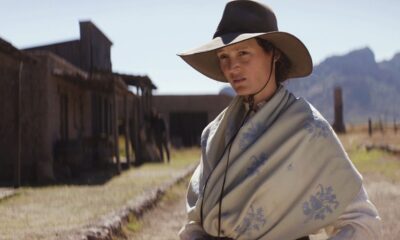

 TIFF 20238 months ago
TIFF 20238 months agoViggo Mortensen in The Dead Don’t Hurt @TIFF2023
-

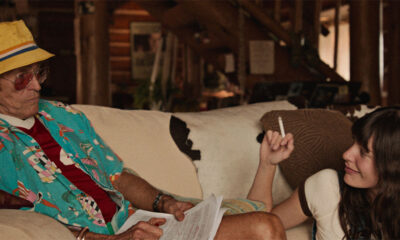

 Uncategorized8 months ago
Uncategorized8 months agoWillem Dafoe in Gonzo Girl @TIFF 2023
-



 ACTORS/ACTRESSES2 months ago
ACTORS/ACTRESSES2 months agoAn Exciting Conversation with Sydney Sweeney @SXSW 2024
-

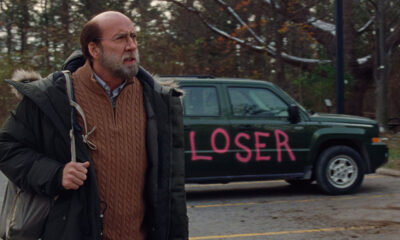

 TIFF 20238 months ago
TIFF 20238 months agoNicolas Cage in Dream Scenario @TIFF 2023
-



 ACTORS/ACTRESSES3 months ago
ACTORS/ACTRESSES3 months agoThe Exciting 96th Oscar Nominations Announced
-



 Uncategorized9 months ago
Uncategorized9 months agoSly to close TIFF2023
-



 TRIBECA 202311 months ago
TRIBECA 202311 months agoMilli Vanilli @ Tribeca Film Festival 2023


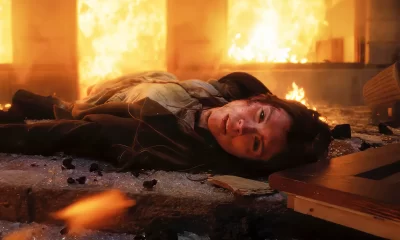

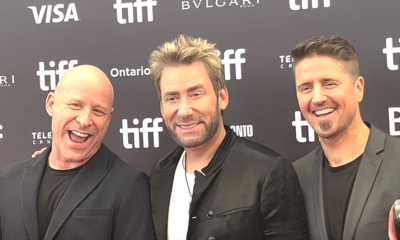

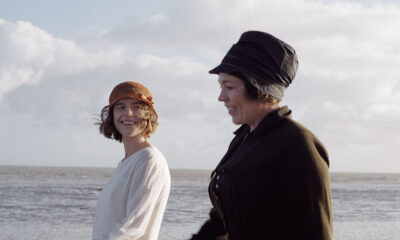

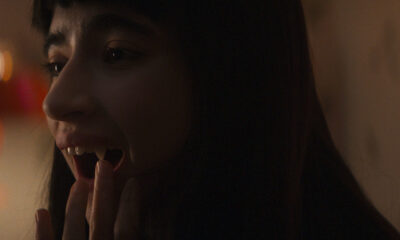









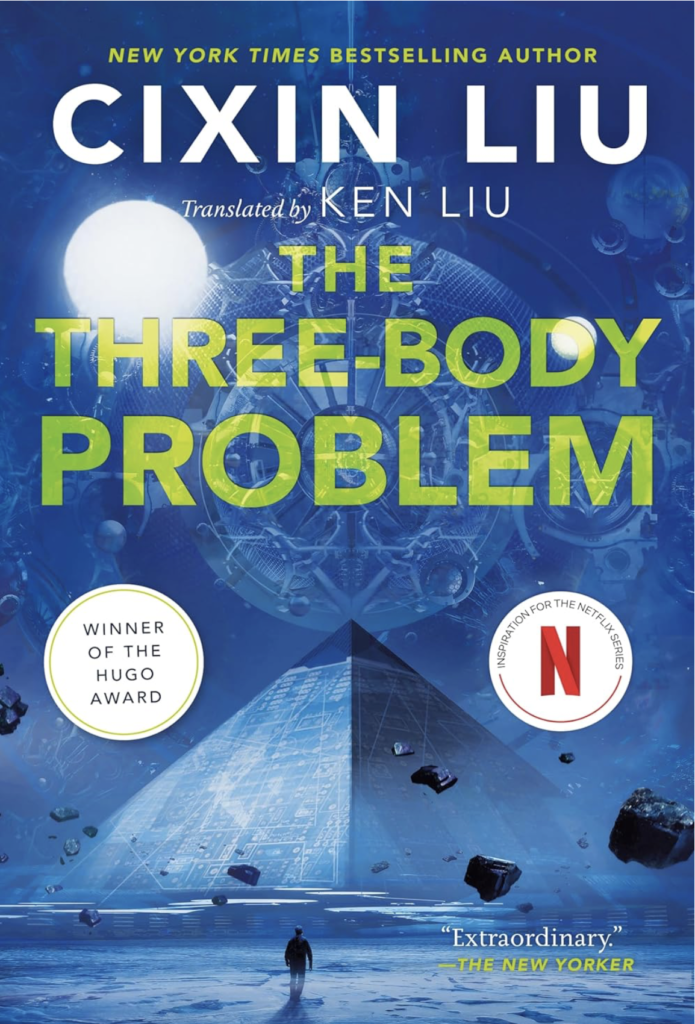
1 Comment